LOVE, POWER & CONTROL Part Two: The Australian Context
Event description
Join Jess Hill for a discussion about love, power and coercive control.
New speakers just announced!
Part Two: The Australian Context
In 2015, coercive control was criminalised in England and Wales. If Australia was to follow suit, would victim-survivors of domestic abuse be better or worse off?
Join moderator Jess Hill (author of See What You Made Me Do) and panelists, Dr Manjula O'Connor (psychiatrist and social activist); Angela Lynch AM (CEO, Women's Legal Service QLD); and Prof Heather Douglas
(Professor of Law, Melbourne Law School) for an open discussion about the potential impact of criminalising coercive control in Australia.
New speakers:
We are thrilled to announce Paul McGorrery (PhD Candidate, Deakin); Tania Farha (CEO, Domestic Violence Resource Centre Victoria and Domestic Violence Victoria); and Christine Robinson (Coordinator, Wirringa Baiya Aboriginal Women's Legal Centre) will also be joining this panel.
Paul McGorrery is a criminal lawyer, currently undertaking his doctoral studies with Deakin University. The focus of his PhD is the criminalisation of behaviours that cause purely psychological injuries, particularly in the context of family violence.
Tania Farha is the CEO of two merging organisations: the Domestic Violence Resource Centre Victoria (DVRCV) and Domestic Violence Victoria. Before taking up this role, she was the Executive Director for Crime Prevention and Countering Violent Extremism in the Department of Justice and Community Safety.
Christine Robinson has worked in the area of domestic and family violence, and sexual assault for over twenty-five years. She has previously worked in women’s domestic violence refuges and has been employed in her current role as the Coordinator of Wirringa Baiya Aboriginal Women's Legal Centre for over ten years.
What is coercive control?
Coercive control is pattern of dominating behaviour within a relationship. It can include emotional abuse, isolation, threats, intimidation, sexual coercion, financial abuse and cyber stalking. These controlling behaviours are designed to make a person dependent by isolating them from support, exploiting them, depriving them of independence and regulating their everyday behaviour.
Where to get help in Australia:
- 1800 RESPECT 1800 737 732
- Lifeline 13 11 14
- For more support services, visit our website.
Note: this panel talk will feature closed captions.
LOVE, POWER & CONTROL Part One: Perspectives from the UK
Thurs 11 February | Evening webinar | Register now
Join us for Part One of Love, Power & Control with Jess Hill as she speaks with a range of domestic abuse experts from the UK to find out if criminalising coercive control has created better outcomes for victims and survivors.
Find out more >
LOVE, POWER & CONTROL Part Two: the Australian Context
Panelists
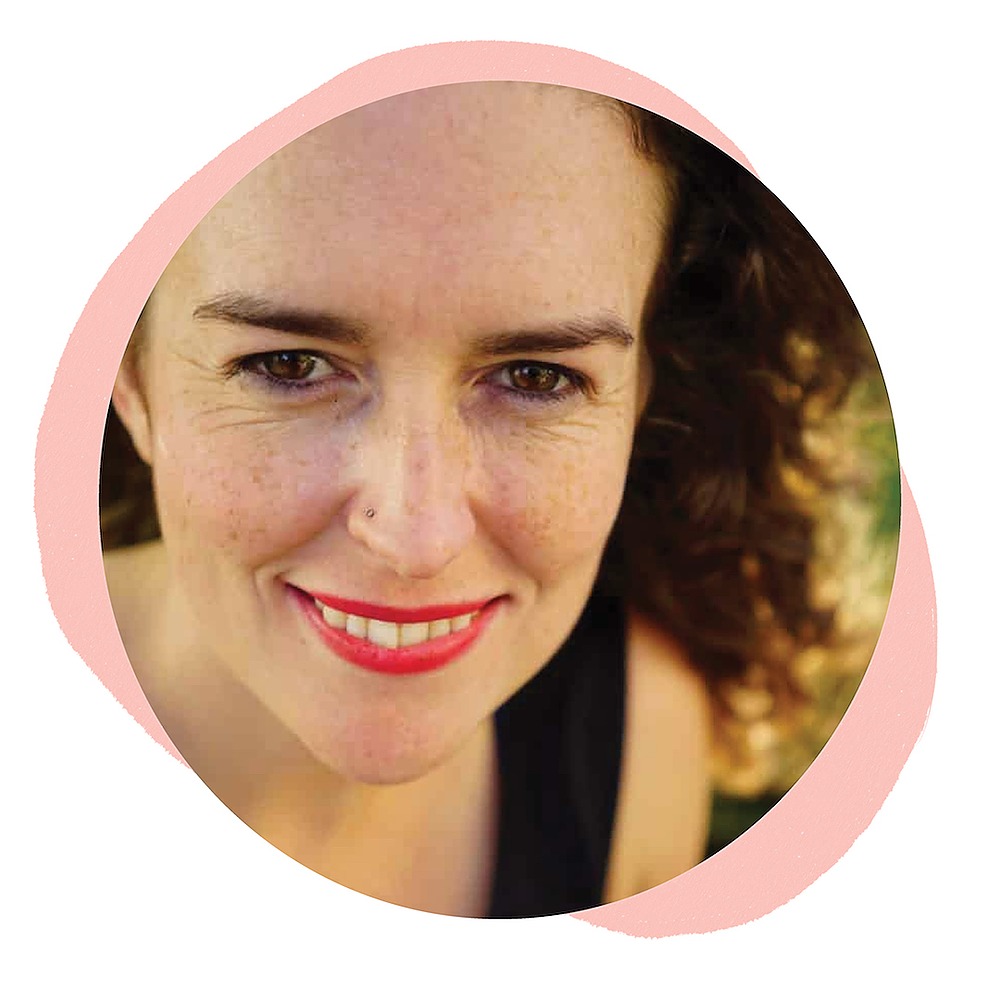
Jess Hill (moderator)
Investigative journalist, broadcaster and author
Jess Hill is an Australian investigative journalist and best selling author ofSee What You Made Me Do: Power, Control & Domestic Abuse which was awarded the 2020 Stella Prize. Jess has been writing and researching about domestic abuse since 2014. Before that, she was a producer for ABC Radio, a Middle East correspondent for The Global Mail, and an investigative journalist for Background Briefing. She was listed in Foreign Policy's top 100 women to follow on Twitter, and also as one of 30 most influential people under 30 by Cosmopolitan magazine (two publications rarely listed in the same sentence). Her reporting has won two Walkley awards, an Amnesty International award and three Our Watch awards.
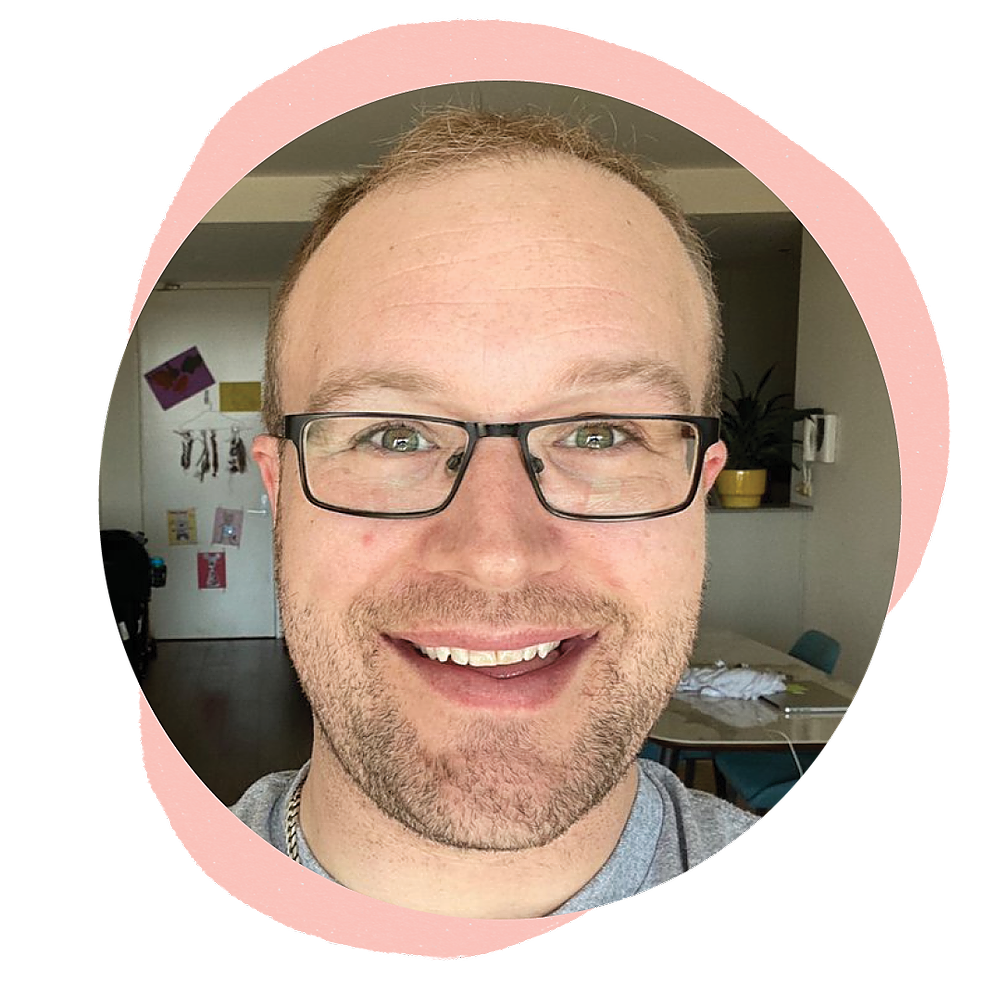
Paul McGorrery
PhD Candidate in criminal law and family violence
Paul is a criminal lawyer with a combination of experience in litigation, policy and academia. He is admitted to practice law both in Australia and in New York (USA), and has worked as senior legal researcher for the now-retired Deputy Chief Justice Dikgang Moseneke at the Constitutional Court of South Africa, and a prosecutor at the Office of Public Prosecutions in Victoria.
At the moment, Paul is the manager of legal policy and community engagement at the Sentencing Advisory Council in Victoria and is completing his doctoral studies with Deakin University. The focus of his PhD is the criminalisation of behaviours that cause purely psychological injuries, particularly in the context of family violence.
Paul has published articles on criminal law, family violence, and the effect of emerging technologies. He has a particular interest in criminalisation theory, sentencing, neurolaw, and the increasing role of psychology in the criminal courtroom.
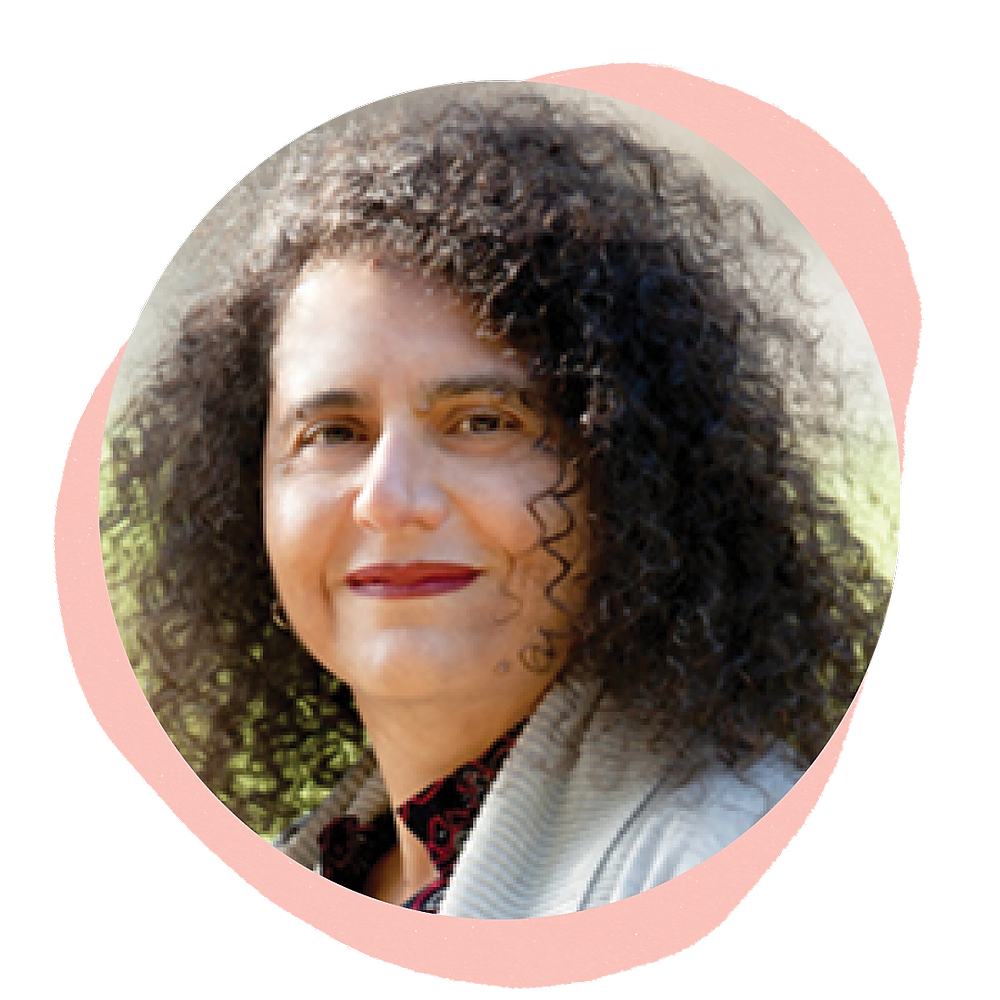
Tania Farha
CEO, Domestic Violence Resource Centre Victoria (DVRCV) and Domestic Violence Victoria
Tania Farha is the CEO of two merging organisations: the Domestic Violence Resource Centre Victoria (DVRCV) and Domestic Violence Victoria.
Before taking up this role, she was the executive director for Crime Prevention and Countering Violent Extremism in the Department of Justice and Community Safety. Prior to that, she was the executive director for Multicultural Affairs, Social Cohesion and Equality in the Victorian Department of Premier and Cabinet. She has also held the role of CEO of the former Office of Prevention and Women's Equality within the Department of Premier and Cabinet.
Tania worked at UN Women for over four years as a policy specialist in the Ending Violence Against Women Section and worked for Victoria Police for over nine years, where she was responsible for the implementation of a number of reforms in relation to violence against women and children.
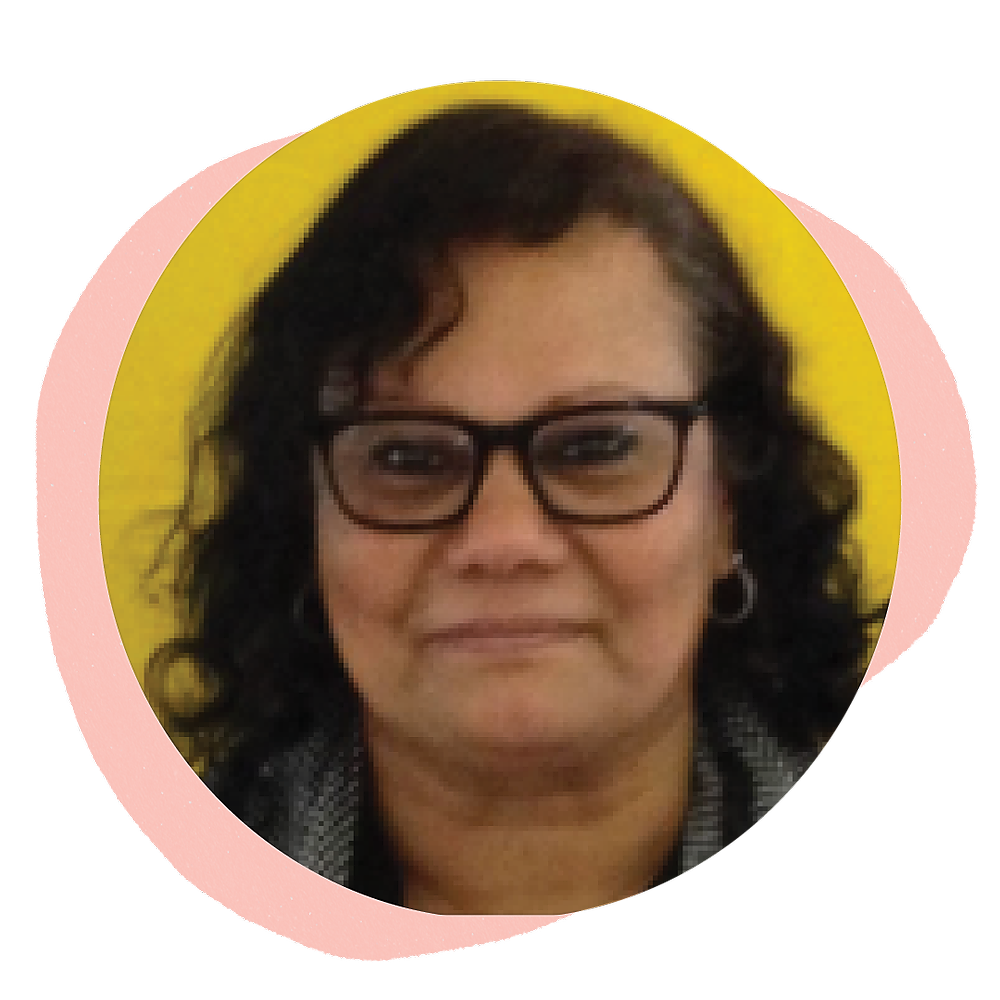
Christine Robinson
Coordinator, Wirringa Baiya Aboriginal Women’s Legal Centre
Christine Robinson is a Bundjalung woman from Northern NSW.
Christine has worked in the area of domestic and family violence, and sexual assault for over twenty-five years. She has previously worked in women’s domestic violence refuges and has been employed in her current role as the Coordinator of Wirringa Baiya for over ten years.
Wirringa Baiya is a community legal centre located in Sydney. The Centre provides legal advice, casework and community education to Aboriginal and Torres Strait Islander women, children and youth across NSW. The Centre also contributes to law reform.
Wirringa Baiya was established to provide Aboriginal and Torres Strait women with a gender and culturally specific service to assist, support and improve access to justice for these women, children and youth. The Centre pays particular attention to working with victims and survivors of violence.
Christine has a Bachelor of Arts in Adult Education and Community Management from the University of Technology Sydney (UTS) and was the recipient of the UTS Human Rights Award for her work in the area of sexual assault in Aboriginal communities.
Christine is currently a member of the NSW Domestic Violence Death Review Team and the NSW Domestic and Family Violence and Sexual Assault Council.
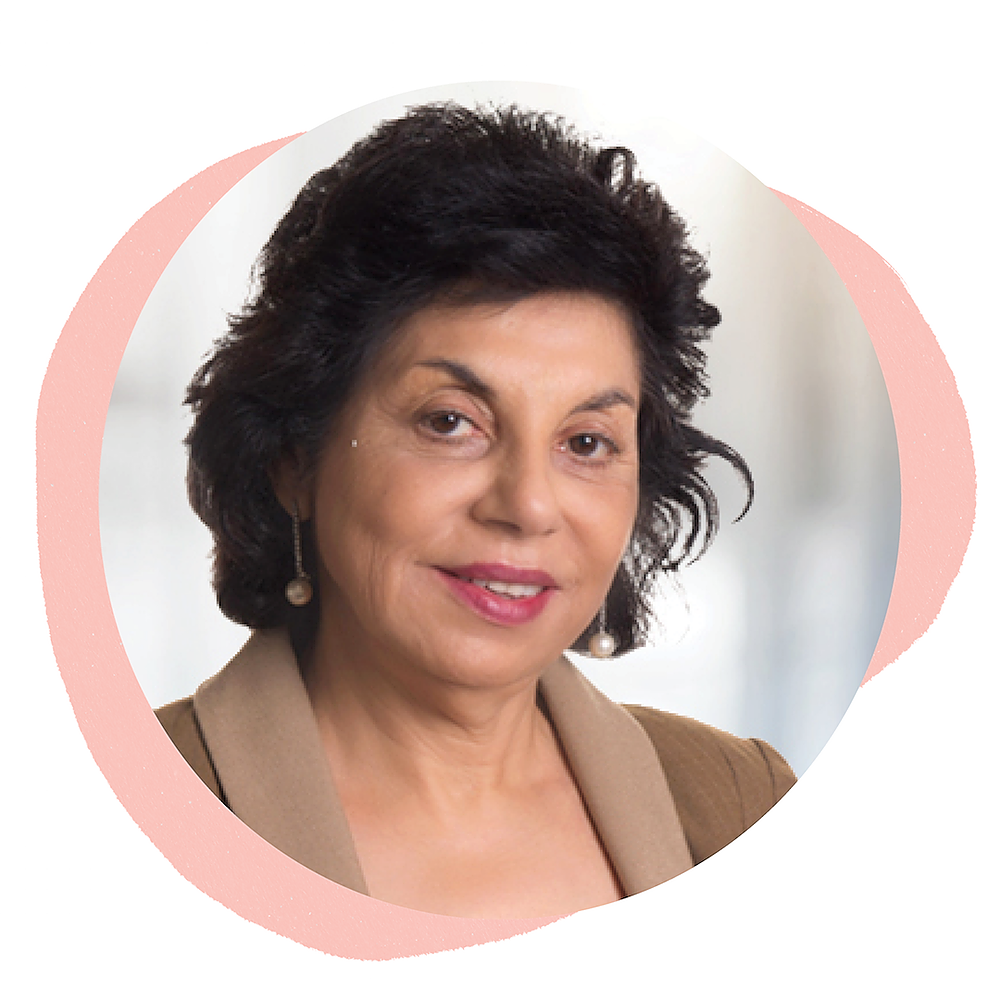
Dr Manjula O'Connor
Psychiatrist, 100 Collins St Medical Centre
Dr Manjula O’Connor is a social activist, a volunteer, a campaigner and a leader. She is a Psychiatrist; Hon Senior Research Fellow at The Centre for International Mental Health at the University of Melbourne; and she is also Director of 100 Collins St Medical Centre.
Manjula is strongly committed to working with the Indian, South Asian and Australasian community. Her primary area of campaigns are against domestic violence and gender based inequality. Manjula set up a Taskforce against domestic violence in the Indian Ethnic community in 2009. In December the Victorian Government’s Multicultural Commission gave her an award of Excellence in Service Delivery in the area of Women's Health. The Taskforce was recognised by the President of India in 2013. She has campaigned tirelessly in educating and creating awareness of human rights of women in situations of domestic violence and mental illness in the Indian community of Australia.
She has led a large number of public education seminars, focus groups, community based action projects including sessions of interactive community based theatre exploring and exposing the problem of domestic violence .
To expand her work in Australasia, Dr Manjula co-founded ‘The Australasian Centre for Human Rights and Health’ along with her co-founders Mr. Abhishek Vivian Prasad and Dr. Jonathan Harrison.
Dr Manjula O’Connor (nee Datta) is originally from Delhi. Her family fled Pakistan’s DI KHAN region during partition. She obtained her MBBS degree from Maulana Azad Medical College, Delhi and migrated to Australia where she trained as a Psychiatrist. She practices from her own medical clinic in the City of Melbourne.
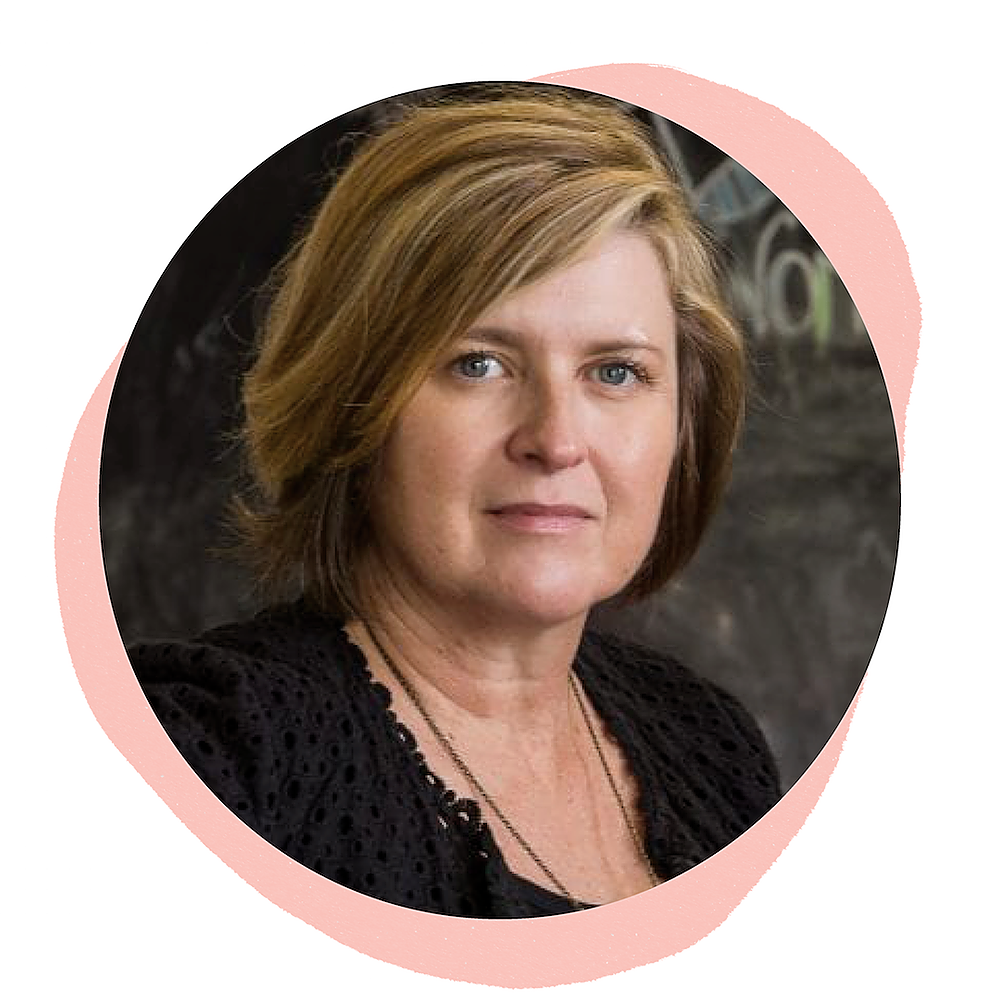
Angela Lynch AM
CEO, Women's Legal Service QLD
Angela is a lawyer and advocate for survivors of domestic and family violence. Over 23 years in the Queensland domestic violence legal sector, Angela has developed a deep understanding of the issues confronting women who have experienced domestic violence – translating practical legal knowledge and experience into significant law reform, policy, community legal education and safer client outcomes. As CEO of Women’s Legal Service, Angela guides the specialist community legal centre to build safer futures for Queensland women and their children – championing frontline operations, external advocacy, client services and fundraising.
In 2019, Angela was awarded an AM in the Australia Day Honour's List for her service to victims of domestic and family violence. In 2016 Angela was appointed to the Queensland Domestic and Family Violence Death Review and Advisory Board. This board was formed by the Queensland Government in response to findings of the Not Now, Not Ever report and makes recommendations to the Minister about improvements to legislation, policies, practices, services, training, resources and communication to prevent or reduce the likelihood of domestic and family violence deaths in Queensland.
Angela’s dedication to the sector was acknowledged in October 2017 when she was awarded the Lawyer’s Weekly Women in Law Not-for-profit Lawyer of the Year and Women in Law Excellence Award and the Women’s Agenda National Emerging Leader in the Legal Sector award.
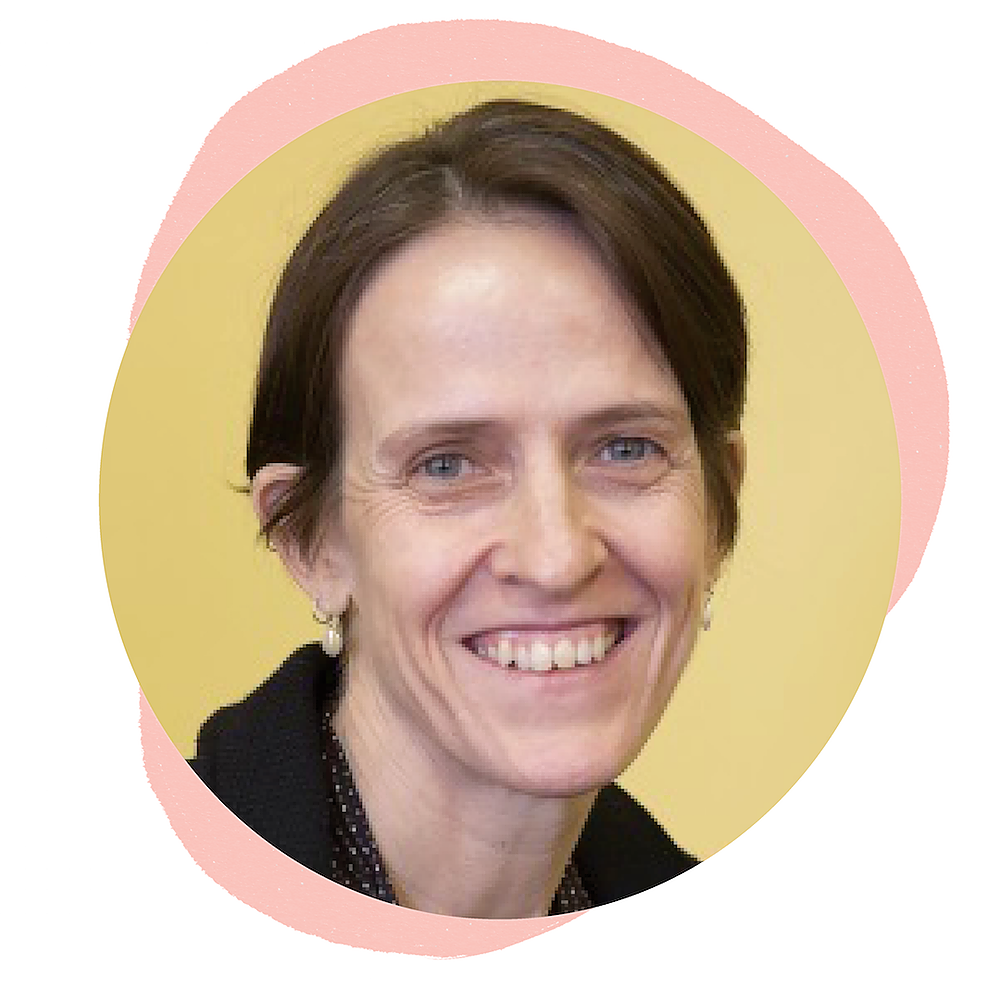
Prof Heather Douglas
Professor of Law, Melbourne Law School
Heather Douglas joined Melbourne Law School in 2021 and teaches and researches in the area of criminal law and procedure. Her expertise on legal responses to domestic and family violence is internationally recognised and she co-ordinates the National Domestic and Family Violence Bench Book. Heather is currently working on an Australian Research Council funded research project exploring the application of non-fatal strangulation offences. She was an Australian Research Council Future Fellow from 2015-2019 and her project explored women’s engagements with the legal system as part of their response to domestic and family violence. Her book, Women, Intimate Partner Violence and the Law, will be published by Oxford University Press in 2021.
She is also interested in the operation and application of law in the context of Australian indigenous–settler relations. Her book, Indigenous Crime and Settler Law: White Sovereignty After Empire, co-authored with Professor Mark Finnane was published by Palgrave in 2012. With Dr Nicole Watson, she assisted in the coordination of the Indigenous Judgments Project and a co-edited collection, Indigenous Legal Judgments: Bringing Indigenous Voices into Judicial Decision Making, that will be published by Routledge in 2021.
Heather is an elected Fellow of the Academy of Social Sciences in Australia and the Australian Academy of Law. Previously she was a Professor at the University of Queensland, School of Law. Heather has held visiting fellowships at Humboldt University, Faculty of Law (2018); Durham University, Institute of Advanced Studies (2016) and Oxford University, Centre for Socio-Legal Studies (2004).
Tickets for good, not greed Humanitix dedicates 100% of profits from booking fees to charity


